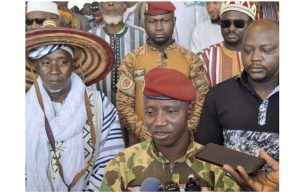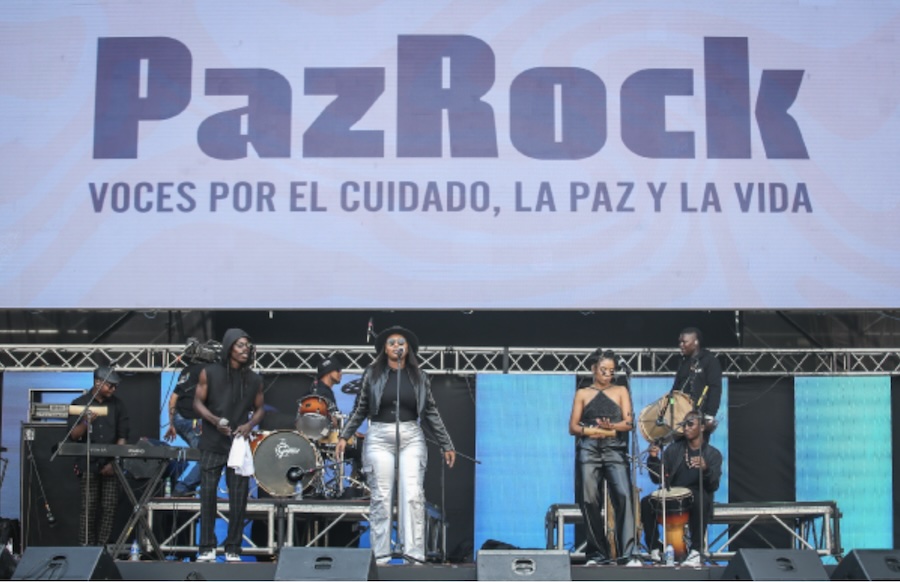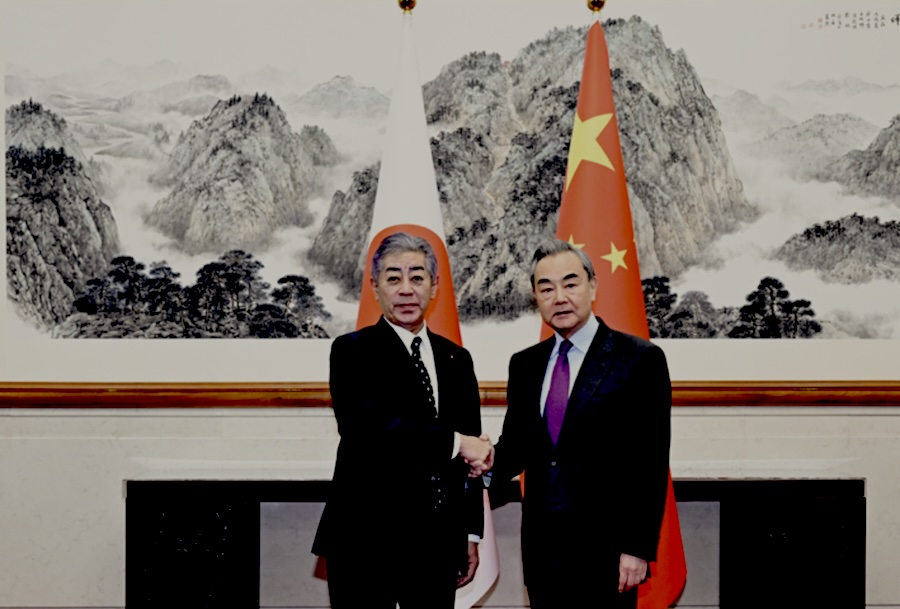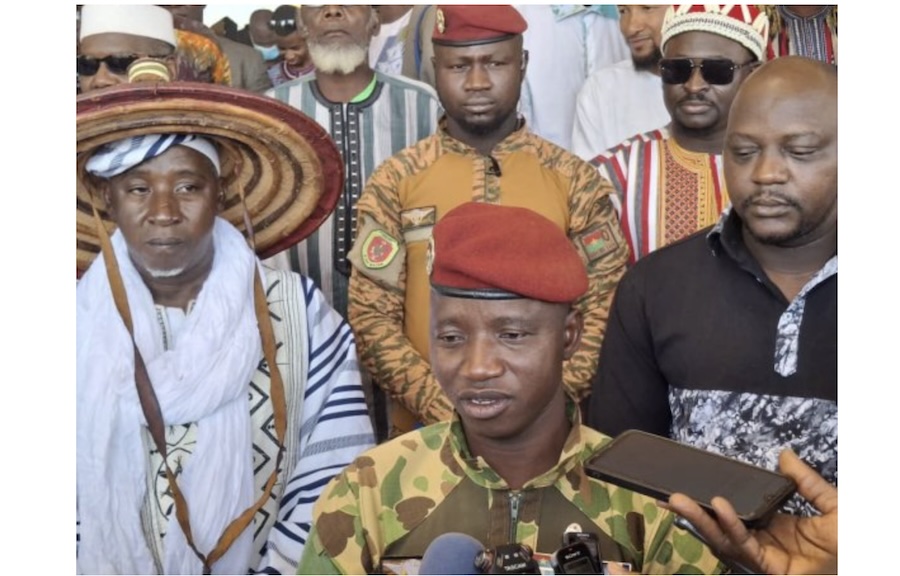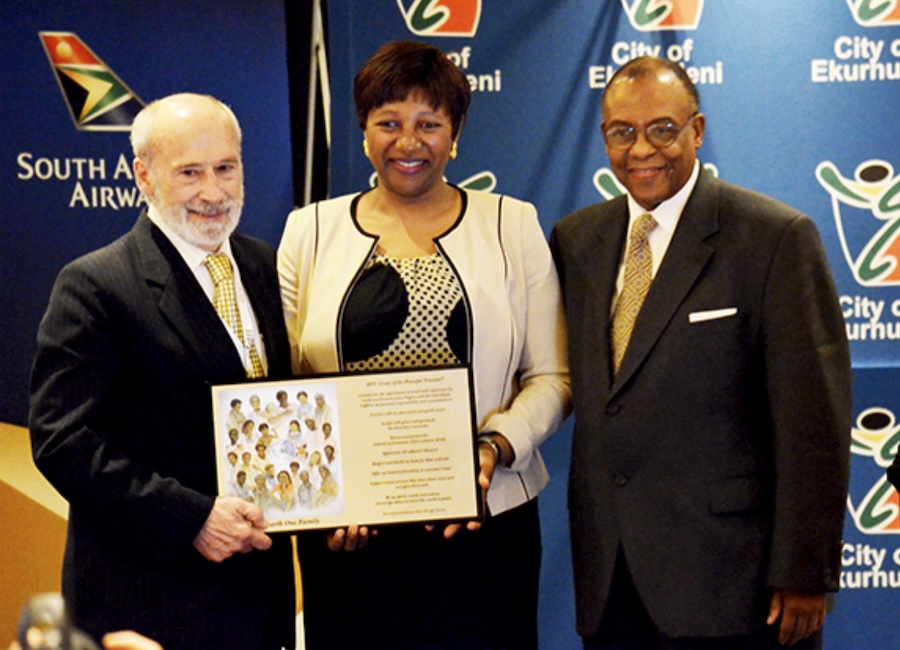. . HUMAN RIGHTS . .
An article by Michael Moore
Last week, I, as an Executive Producer of FROM GROUND ZERO: STORIES FROM GAZA, was quoted across the country as stating the following: “No filmmaker, writer or artist should ever have to tell the story of their own extermination.”
And yet…
As I write this, in a scattered group of cinemas across the country, movie-goers are watching this anthology of stories captured on camera by Palestinian filmmakers in Gaza amidst Netanyahu’s reign of terror over the past year. This collection of 22 short films of his shameless extermination attempt — the unending barrage of bombs and bullets, the forced starvation — is what the people of Gaza are facing every single day.

And during this hour and fifty-two minutes on the screen, you will feel the pulse of the Palestinian people. Their resilience. And you are right there with them.
They are not Hamas. They are not rapists. They are not lying in wait to murder Israelis. They are not a threat to any human or to Democracy as certain propagandists are hoping you’ll be brainwashed into believing.
They are taxi drivers and mothers, toddlers and teachers, comedians and artists — finding ways to survive. To feed their families. To bathe their children. To retain a sense of self and normality. To bring joy to their community. To keep warm at night. To keep hope alive.
The review from Variety said it best:
“Their stories, and their essence, live within these pixels the way the Holocaust was captured on celluloid. The images of the latter that are the most familiar to the public were snapped either by perpetrators or liberators. “From Ground Zero” exists more in the tradition of photographers Henryk Ross and Mendel Grossman, inhabitants of Poland’s Jewish ghettos who not only documented daily life with their cameras, but imbued it with a familiar, beating humanity. In that vein, it’s hard to ignore just how much “From Ground Zero” feels like history unfolding, and tragedy being memorialized, right before our eyes.”
Every American needs to see this film.
This genocide, though executed by the Israeli government, is Made in the USA. Manufactured in places like San Diego and South Bend, Fort Worth and Fairfax and bankrolled with our tax dollars. Yours and mine. It’s disgusting. It’s shameful. But it also means we hold immense power in our hands at a time when we still have the power to change the outcome.
We have been in this position before as a nation. And we failed. We turned away ships carrying thousands of Jewish refugees who fled Germany as the Holocaust was unfolding. We let fear and bigotry overtake our humanity — “We have no idea who these Jews are!” — and turned our backs, refusing to let them dock, and sealing their fate. Let’s not accept the fate of the Palestinian people as decreed by Netanyahu and his racist Likud party hacks (“Between the Sea and the Jordan there will only be Israeli sovereignty!”) any more than we will accept the fate of the 13 million immigrants who have come to this country to work, raise their children and pay taxes — human beings that Trump and his racist MAGA sycophants have decreed will be rounded up and dragged back across the border beginning nine days from now.
(continued in right column)
How can war crimes be documented, stopped, punished and prevented?
Presenting the Palestinian side of the Middle East, Is it important for a culture of peace?
Do the arts create a basis for a culture of peace?
(continued from left column)
Art has always been a powerful weapon of the oppressed — Philosopher Viktor Frankl honed his theory that our primary motivation for living as humans is to find meaning while imprisoned in Dachau and other concentration camps for being Jewish. Oscar Wilde wrote “De Profundis” while imprisoned in England for the crime of loving a man. Martin Luther King Jr. wrote his famous “Letter from Birmingham Jail” while imprisoned for protesting against racist segregation. There is no better means of cultivating understanding and empathy than through art. And for me, there’s no better outlet to convey truth and inspire resistance than the art of the moving image.
I believe that one great movie can change the world.
This is that movie.
You are that audience.
Don’t look away. Find a way to watch this work of art by these 22 artists imprisoned in Gaza and see the Palestinian people for who they are.
Right now FROM GROUND ZERO: STORIES FROM GAZA is playing in theaters across the United States from San Fransisco and San Diego to Louisiana and Tennessee, from Chicago to New York City. It is not playing everywhere, as you can imagine just how hard it is to convince theaters to play a movie like this. Even though it is currently the best-reviewed film in the U.S. — 98% on Rotten Tomatoes! Motion Picture Academy voters two weeks ago declared it to be one of the 15 best international feature films in the world for this year’s Oscars. It has already been placed on the shortlist for nomination consideration for the Academy Awards. At New York City’s Quad Cinema last week, it was the third highest grossing film in the last 12 months. And yet…
And yet… In the land of free speech and freedom of expression you will be hard-pressed this weekend in certain parts of the country to find the much-acclaimed FROM GROUND ZERO: STORIES FROM GAZA.
This is one of the reasons that I have stepped in as an Executive Producer, to see that as many Americans as possible get the chance to watch this brilliant movie.
Please know that I and others are doing our best to jump every hurdle placed in front of us to guarantee your right to go to the movies and experience the truth.
Please ask your local independent theater to book FROM GROUND ZERO. For Theatrical, Non-Theatrical & Festival Booking/Screening inquiries: bookings@watermelonpictures.com
And go here for the most up-to-date locations and showtimes for you to see it:
https://fromgroundzero.url.film/
If you live in the vicinity of a showing, or have the means to get to one, please go and support these courageous storytellers. Help their voices be heard. We will do our best to make sure that the forces which would prefer you not see this movie are defeated. In a true Democracy, it’s as easy as that.
– – – – – –
If you wish to make a comment on this article, you may write to coordinator@cpnn-world.org with the title “Comment on (name of article)” and we will put your comment on line. Because of the flood of spam, we have discontinued the direct application of comments.
